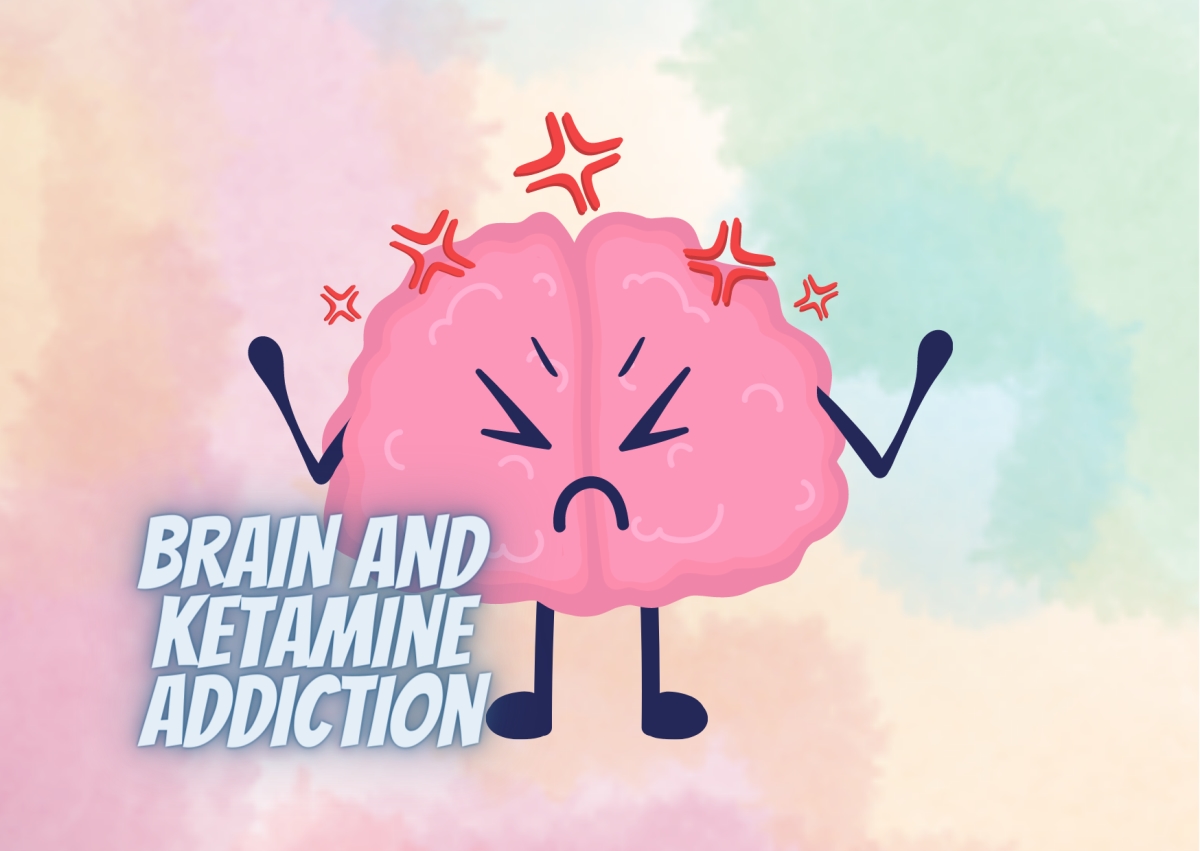What You Should Know About The Brain And Ketamine Addiction
Ketamine addiction is a growing concern in the world of substance abuse. As a dissociative anesthetic drug, ketamine can have a profound impact on the brain and its functioning. While it is primarily used in medical settings for anesthesia and pain relief, ketamine is increasingly being abused for its hallucinogenic effects. As with any substance abuse, ketamine addiction can cause significant harm to an individual’s physical and mental health. However, it is important to understand the specific ways in which ketamine addiction affects the brain and its functioning.
Addiction to and abuse of ketamine have greatly increased recently. Understanding how this medicine affects the brain is crucial for this reason. In the medical industry, ketamine has long been used as a short-term general anesthetic. Its dissociative properties, however, have made it popular in other contexts recently, particularly for its ability to treat psychological health conditions like depression. Sadly, ketamine addiction can have a lot of long-term side effects if used excessively, much like many other medications. Further information on ketamine, its negative effects, and treatment options are provided in this page if you or a loved one is struggling with ketamine addiction.
Ketamine abuse over a lengthy period of time might have long-lasting psychological repercussions. Frequent ketamine usage can lead to emotional instability, memory loss, and problems with reason and logic.
Ketamine: What is it?
Anesthesia induction and maintenance frequently involve the use of the drug ketamine. It functions by blocking the activity of an NMDA receptor antagonist, a specific type of glutamate receptor found in the brain. Moreover, it has analgesic and antidepressant qualities. It is sometimes used to treat depression and anxiety outside the scope of its authorized uses. Ketamine is a regulated substance, thus it must be used according to a doctor’s recommendations as it can be addictive and cause side effects like hallucinations, dizziness, and disorientation.
How Does Ketamine Feel While You’re High?
When used recreationally, ketamine addiction can produce a range of symptoms, including hallucinations and a sense of being cut off from one’s body. Some have called the drug’s effects strange and dreamlike. Smaller doses can cause elation, while bigger ones can make someone feel drowsy or even comatose. It is crucial to keep in mind that depending on the dosage, the individual’s tolerance, and the setting in which it is consumed, ketamine’s effects can vary significantly from person to person. Moreover, ketamine addiction may cause dangerous physical and psychological side effects, including anxiety, a faster heartbeat and blood pressure, and hallucinations.
How Dependent is Ketamine?
In contrast to opioids and stimulants, ketamine is not considered to be physically addictive, but it has the potential to develop psychological dependence. This suggests that those who use the substance frequently may develop a psychological reliance on it and might have significant motivation to continue using it.
Individuals who use ketamine recreationally or in excessive doses may be more likely to develop a psychological dependence on it. Regular use may cause the body to become tolerant to it, requiring higher dosages to have the intended benefits. This may set off a vicious cycle of increasing drug dependence and use.
It’s vital to note that ketamine can have major negative effects on the body and mind, including hallucinations, altered awareness, and increased heart rate and blood pressure. When ketamine is combined with other substances like alcohol or other narcotics, the effects could be especially dangerous.
